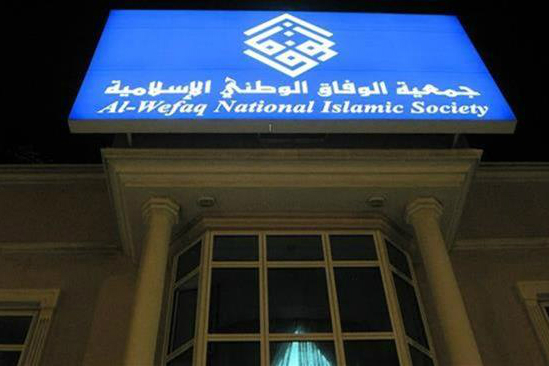Bahraini Regime to Auction Shia Bloc’s Assets

A judicial source said on Saturday that the bloc’s assets were to go under the hammer on October 26 after a verdict by an administrative court sanctioned the move two days earlier.
The properties include the group’s building headquarters outside the capital and two other offices in Shia villages, the source said, Press TV reported.
The group held the largest number of seats at the legislature before it was dissolved by the Manama regime in July.
Before banning the group, the ruling regime had, among other things, accused it of "harboring terrorism,” inciting violence, and encouraging demonstrations. Al-Wefaq denied the accusations and the UN blasted the Bahraini regime’s move to ban it.
On Monday, the Bahraini court that has the ultimate say in appeal requests in the country ordered a retrial of distinguished Shia opposition cleric Sheikh Ali Salman, who used to lead al-Wefaq.
Salman was arrested in December 2014 for backing reforms in the country through peaceful means. He was then sentenced on June 16, 2015 to four years in prison at a trial, which charged him with "publicly insulting the Interior Ministry” and "publicly inciting others to disobey the law” through his speeches. UK-based rights body Amnesty International described that trial as "unfair.”
After appealing the verdict, the Supreme Court of Appeal increased Salman’s prison sentence to nine years in May on charges of inciting violence and calling for anti-regime demonstrations.
Bahrain, a close ally of the US in the Persian Gulf region, has been witnessing almost daily protests against the ruling Al Khalifah dynasty since mid-February 2011.
Manama’s heavy-handed crackdown on demonstrations, aided by Saudi Arabia and the Emirates, has left scores of people dead and hundreds of others injured.



